From Piedmont to the world
For us Piedmontese rice cultivation begins under the impulse of the Cistercian monks, who originated from Bourgogne.
In 1123 they establish the Abbey of Santa Maria of Lucedio near Vercelli, draining and reclaiming for agriculture the nearby area north of the Monferrato region. The term “grange” (from the latin granicum, or deposit) comes from the farms that depended upon the abbey. From the 1400s the monks introduced rice cultivation in Italy. In this period, the grain was still used exclusively for medicinal purposes, as reported in archival documents dating from the same period found in the Maggiore Hospital of Vercelli.
The story of Tellus begins here
We see ourselves as farmers and industrialists at the same time – two links in the food production chain that are too often seen as separate. We produce and sell a real product, to which we know how to assign a fair price, because we know all its aspects, including the challenges in its production and in the management of a productive cycle that is healthy for people and the environment as well as being profitable.
We carry with us the ideas and ideals of a past generation and we develop them in a modern context.
Order, rigour and constancy are what allows us to obtain a product characterized by its quality for the consumer, employees and the environment.
Rice: a resource to fight world hunger
Rice is a staple food for a large part of the world population. Over 50% of the 840 million people who suffer from chronic hunger live in areas that depend on rice cultivation for food, income and employment. About four fifths of rice worldwide is produced by small-scale farmers and consumed locally.
Rice fields supply a large part of humanity’s food requirements.
Compared to the two other principal grain crops, corn and maize, rice presents advantages when comparing the cultivated surface area with the quantity of grain produced and consumed directly by humans (while for example maize production is largely destined for use as animal feed).
And yet, not everything is fully functional in the world of rice. Most rice farmers are poor, and national policies often favour the consumer and export markets rather than the well-being of the resident population. The growth in rice demand is correlated to population growth and is estimated at roughly +1% per year. The projected demand for rice will exceed supply in the short to medium term, unless efforts are focused on reversing the current trends of slow productivity growth and inefficient and unsustainable management of natural resources.
The main challenges for the future are threefold:
To meet these challenges, a more comprehensive approach to rice sowing is necessary, which must include a substantial improvement in the quality and intensification of agricultural inputs, coupled with agronomic education and improved infrastructures.
This is the mission that we at Tellus have eagerly taken upon ourselves: we want to spread knowledge and culture, so as to improve the quality of life even of those populations that derive from rice cultivation their main economic resource.
Sustainable agriculture and the protection of wetlands against desertification
Wetlands are some of the most productive ecosystems on the planet. They are incredibly rich in biodiversity, and are the natural habitat for some of Europe’s most important species of birds, amphibians, invertebrates and plants, during key stages of their life cycles.
They are reproduction zones for fish, and feeding and reproduction areas for many migratory birds. They represent about 6% of the terrestrial surface of the Earth – about 570 million hectares, of which 2% are lakes, 30% marshes, 20% swamps and 15% floodplains. They also provide ecosystem services of societal importance.
Wetlands are among the most threatened ecosystems on the planet.
They have suffered degradation and loss. According to Wetlands International, about 50% of wetlands around the world have disappeared in the last century.
About two thirds of the European wetlands that existed 100 years ago have been lost. This has led to a substantial decrease in the number, size and quality of natural habitats such as large bogs, marshes and small or shallow lakes.
Despite the recognition of their importance, European wetlands continue to be under severe pressure from land-use change and pollution.
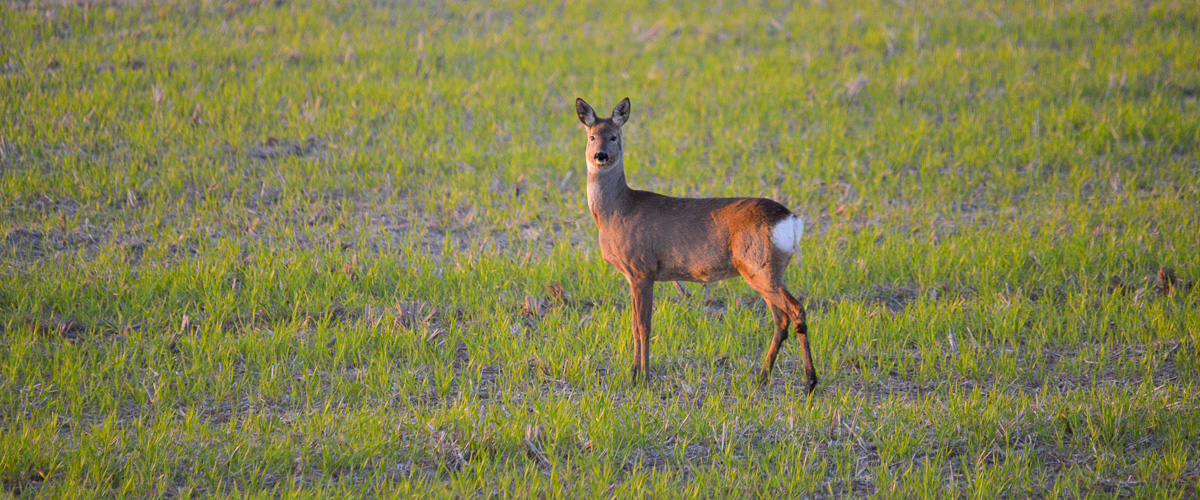
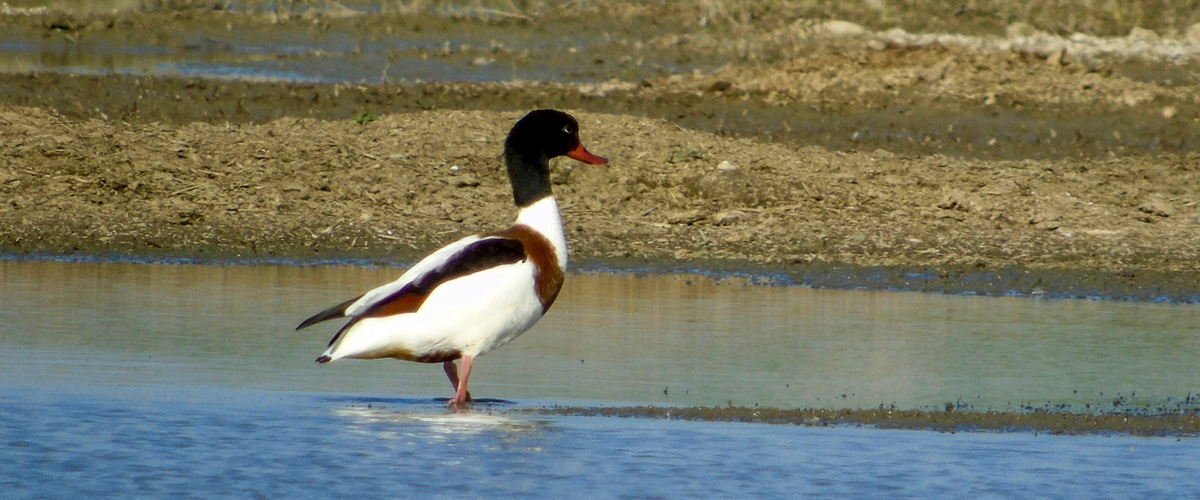
Our rice fields in Romania are located where two branches of the Danube river meet, creating a unique environment and ecosystem. This is why, since 2013, the area has been recognised as a Ramsar Important Bird Area (IBA), a Nature Reserve, a Natura 2000 Network site, a Special Protection Area (SPA) and a Site of Community Importance (SCI) (https://rsis.ramsar.org/ris/2113).
Numerous species make their nests in this area and, in part thanks to our winterflooding technique (maintaining water even during the winter season), they find large quantities of easily accessible food.
It is often not taken into account that wetlands contrast another phenomenon of our times: the progressive desertification of land.
When most people think about desertification, they imagines scenarios like those of the Sahara or Chilean Atacama deserts, where sand and dust cover the landscape. We have to be very careful and change our vision: desertification is connected to erosion and is occurring now, here in Europe. Soil erosion is the greatest threat for soil fertility and productivity, but its consequences do not stop here.
At an EU level, soil erosion affects more than 12 million hectares, approximately 7.2% of the total agricultural land.
Rice fields combat desertification both in an active and passive way. Actively thanks to the deposition of sediment particles transported by surface waters. Water is pumped from streams into the irrigation network and once it reaches the fields its velocity slows down, allowing small sediment particles to settle. The passive impact is due to the specificity of rice cultivation: the flooded fields prevent erosion during the harvest season and crop residues that are left on the ground during the winter prevent the removal of soil surface particles.
In general, irrigated crops, if managed correctly, can mitigate and prevent erosion, especially wind erosion, but an efficient irrigation infrastructure is necessary.
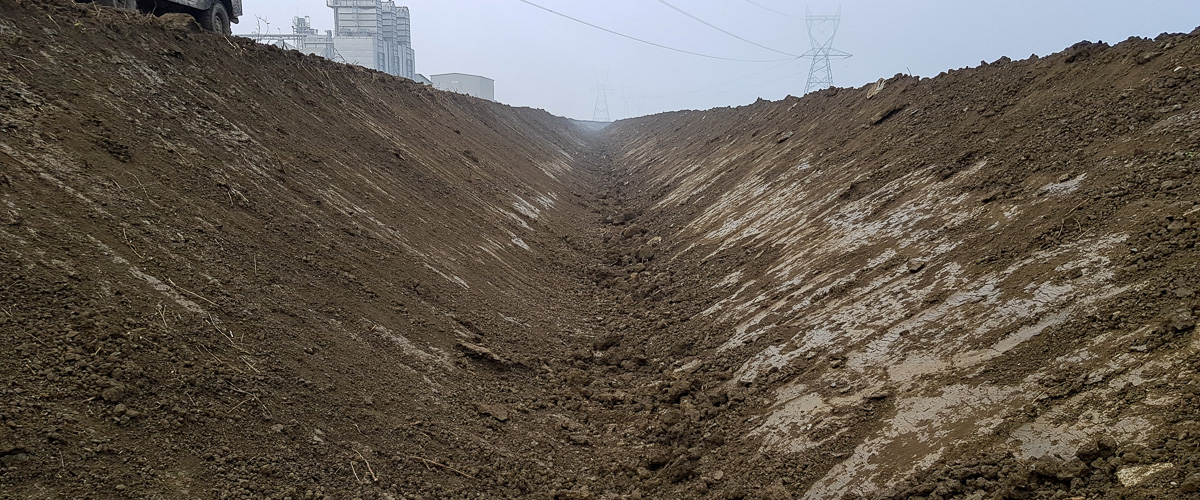
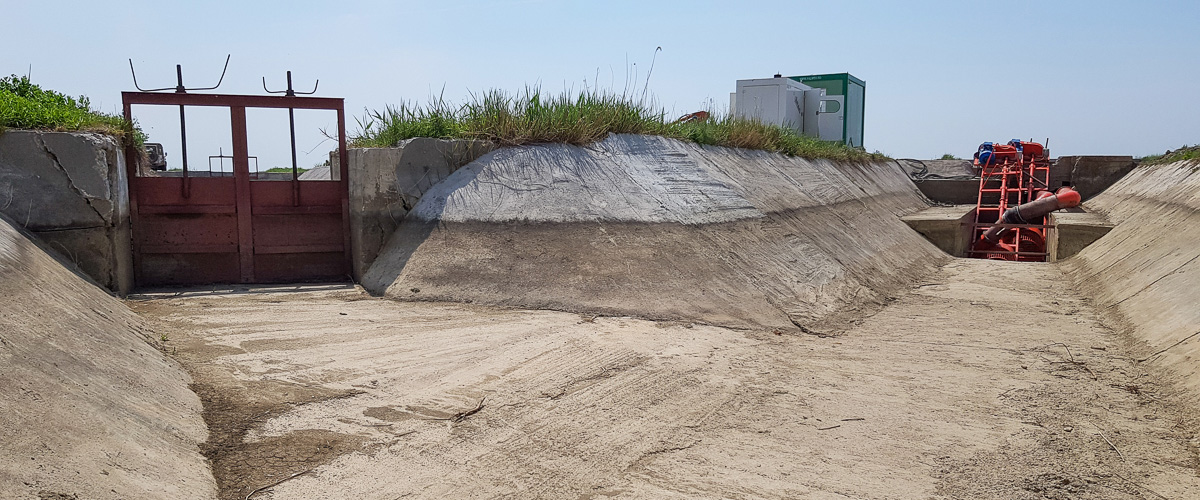
Water has always been an indispensable element for human life and the survival of our planet. It is essential to satisfy basic human needs, including for health, food production, energy and the preservation of ecosystems.
The correct and functional management of water resources has therefore always been a principal challenge for humans.
Throughout history, land reclamation has transformed the relationships between humans and water from a passive one to an active one. Water becomes an element to govern to increase cultivated areas, create navigable canals to facilitate movement and trade, and to provide hydraulic energy – with the awareness that water can be both friend and foe, if poorly managed.
We at Tellus are committed to ensuring that our work helps the environment that surrounds us. The wise management of water resources is our main starting point.
Sustainable agriculture for humans and the environment
We firmly believe that only meritocracy can give an impulse to businesses. People should have the possibility to give value to their future, regardless of where they are educated or where they come from – it is what they do in life that defines them.
We believe that quality is first and foremost a way of living – of living our life and the life of the business.
We try to apply this philosophy every day – every day we try to transmit it to those who live and work with us, starting from simple principles:
Our Organic or Conventional product is periodically controlled and monitored starting from the field, it has no fungal diseases (if present, these are treated by heating), but above all it has no traces of pesticides or insecticides: it is a product that in its productive process respects our vision of quality.
Work ethics and MBO
We are proud to have brought out excellence in Romania, where people who would have had few possibilities were able to improve their quality of life and that of their families.
Throughout the years, our employees have shared the values of Tellus with us, some grew with thus, many moved away.
Those who have stayed behind have children who study in the city or abroad, they have their house, car, and have regular medical check-ups. Often their wives no longer have to do strenuous work and…. During the summer they go on holiday, things that are taken for granted – certainly by those who have always had them, but not by them!
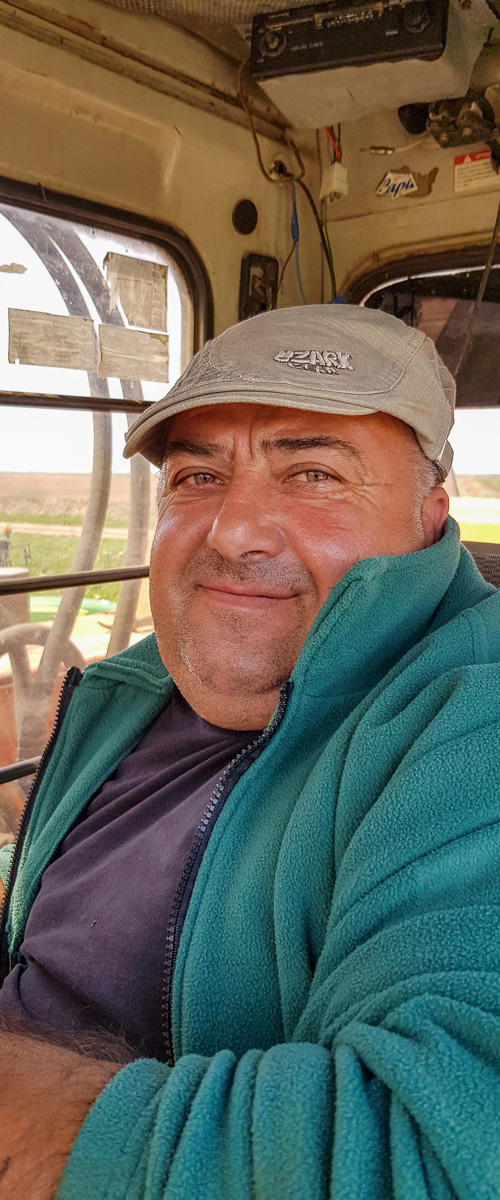
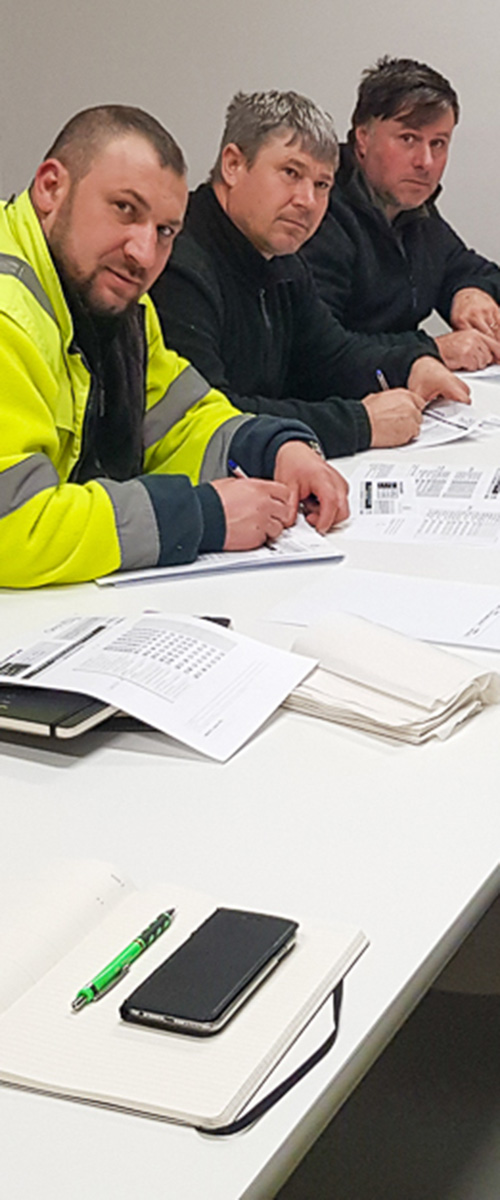
Our Directors grew into their roles, first starting as tractor drivers. The “boys” that have followed us started off small – some of them are now in charge, and some have purchased the company.
In the 1960s it was habitual to sell the business or, as they say in Piedmont “la biota”, to one or more of one’s most enterprising employees who would then pay in instalments. Today this is no longer done: it is much easier to sell to people with money – a guaranteed profit.
But we have decided to give an opportunity to our most deserving employees, also acting as a bank for those who would receive only negative responses from a bank.
